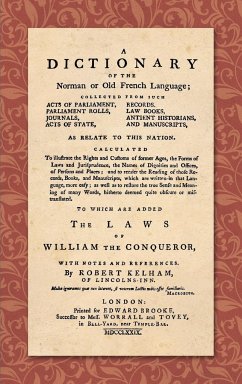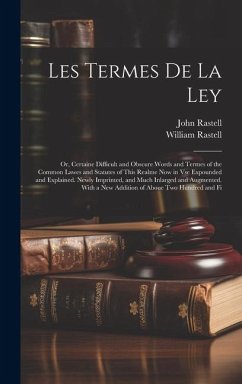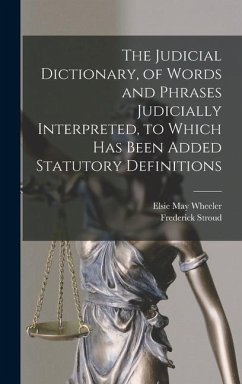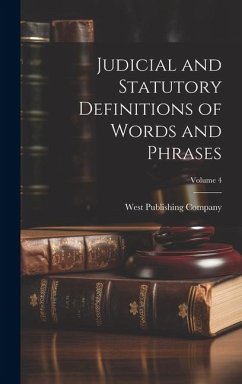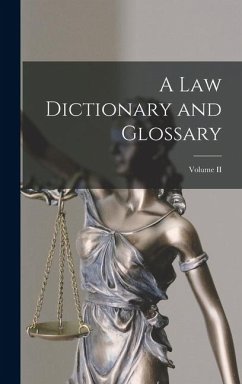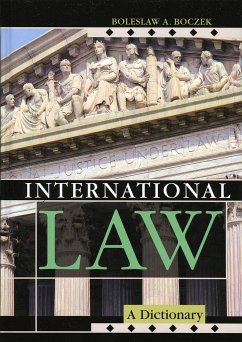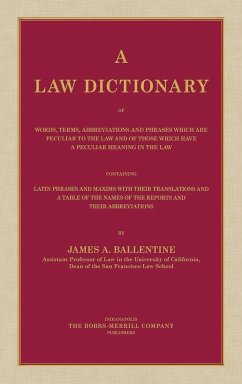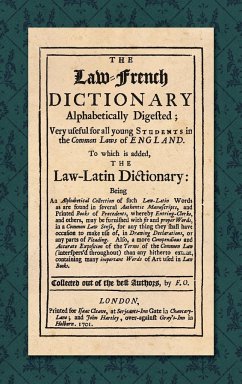
Independence of Mind
Versandkostenfrei!
Versandfertig in 1-2 Wochen
45,99 €
inkl. MwSt.

PAYBACK Punkte
23 °P sammeln!
Presents a groundbreaking examination of the ethics of civil liberty, analysing the moral grounding of four fundamental freedoms: Speech, Conscience, Privacy and ReligionOffers a powerful moral justification for the political values of liberalismDevelops an original contribution to the debate surrounding the legal entrenchment of bills of rights, asking whether this truly undermines democratic principles
The fundamental freedoms, of speech, conscience, privacy and religion, are now an essential part of the fabric of contemporary society, set down in our most basic laws and regularly invoked in our political and cultural debates. These freedoms play a vital role in securing the spaces and opportunities within which people are able to pursue their own lives in their own ways.
Independence of Mind takes this accepted thought a step further, by exploring the ways in which the fundamental freedoms help us to achieve something even more profound, by enabling us to arrive at beliefs, convictions and voices of our own, so that we truly come to think, believe and speak for ourselves in the rich and various ways that the freedoms then protect. Privacy grants us the distance and refuge from others necessary to develop views of our own; freedom of speech calls on us
to imagine ways of expressing ourselves that are both true to the views we have developed and innovative in their own right; freedom of conscience enables each of us to create a distinctive rational personality in which to embed the convictions that we wish to treat as non-negotiable; freedom of religion
allows groups of us to endorse certain beliefs as articles of faith, free from the full demands of rational scrutiny.
Much has been written about the political and legal implications of the fundamental freedoms and their entrenchment in bills of rights. This is the first book to undertake a comprehensive philosophical examination of their moral bases. It offers a penetrating analysis of what makes these particular freedoms matter to us in the ways that they do, and of the true significance of their entrenchment in law.
Independence of Mind takes this accepted thought a step further, by exploring the ways in which the fundamental freedoms help us to achieve something even more profound, by enabling us to arrive at beliefs, convictions and voices of our own, so that we truly come to think, believe and speak for ourselves in the rich and various ways that the freedoms then protect. Privacy grants us the distance and refuge from others necessary to develop views of our own; freedom of speech calls on us
to imagine ways of expressing ourselves that are both true to the views we have developed and innovative in their own right; freedom of conscience enables each of us to create a distinctive rational personality in which to embed the convictions that we wish to treat as non-negotiable; freedom of religion
allows groups of us to endorse certain beliefs as articles of faith, free from the full demands of rational scrutiny.
Much has been written about the political and legal implications of the fundamental freedoms and their entrenchment in bills of rights. This is the first book to undertake a comprehensive philosophical examination of their moral bases. It offers a penetrating analysis of what makes these particular freedoms matter to us in the ways that they do, and of the true significance of their entrenchment in law.






